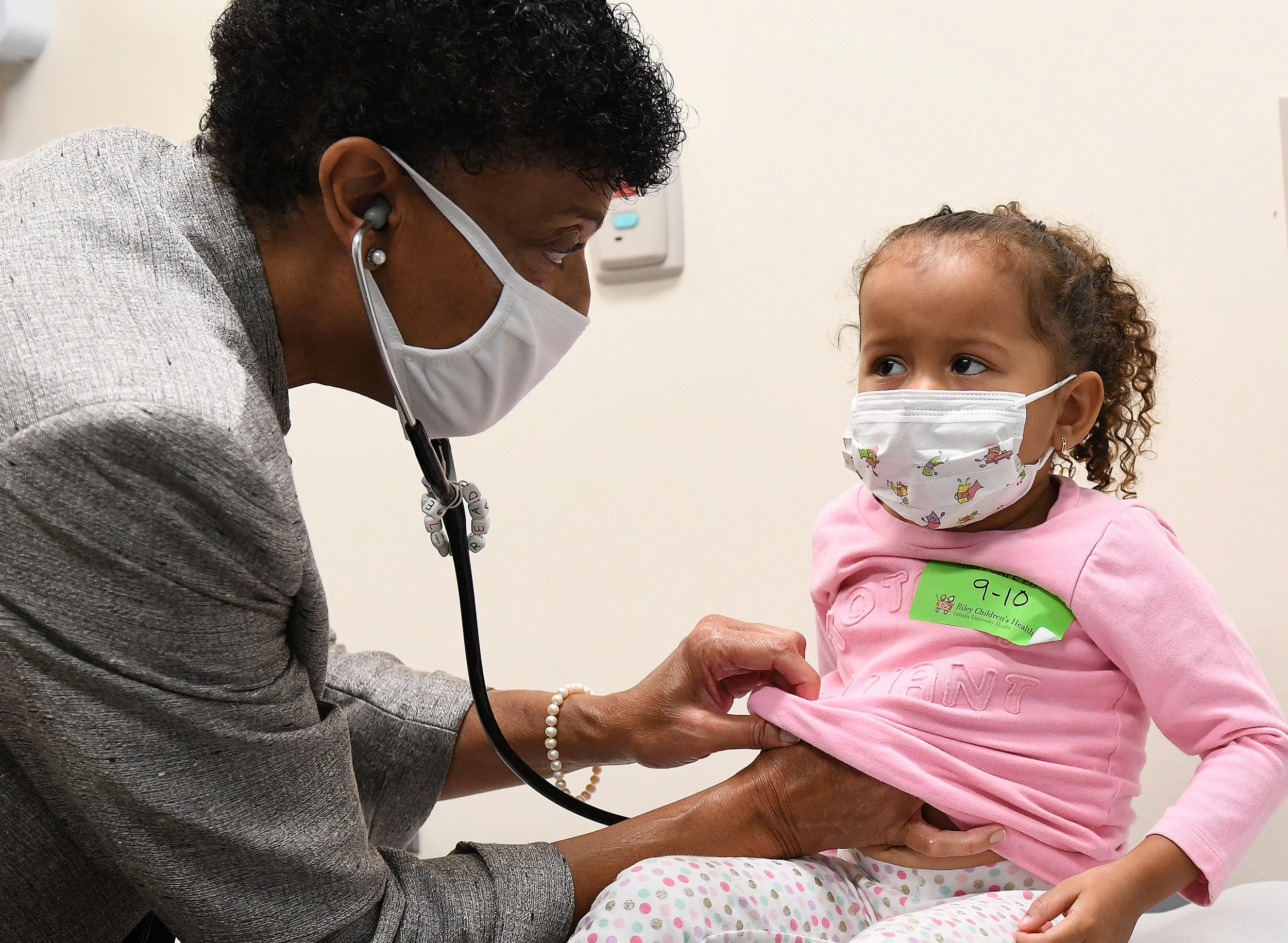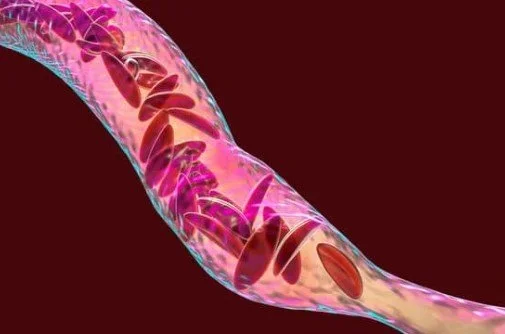Our Value
Enhanced multi-institutional & multi-disciplinary collaboration
The H.E.A.L. Network is an expanding group of clinicians, researchers, patients, families, community organizations, leaders, and others with a shared commitment to combining experience and perspectives toward improved sickle cell disease care and outcomes.
Ongoing QI initiatives to rapidly adopt standards of care
Participation in the H.E.A.L. Network helps to strengthen member organizations’ team, division, and / or institutional capacity to implement advanced quality improvement (QI) methodologies. These initiatives help address gaps unique to each institution’s environment, establish benchmarks to appreciate areas for growth, and demonstrably improve outcomes for pediatric patients with SCD on a large scale.
Expanded research opportunities within and across institutions
Our member institutions share comprehensive data on pediatric sickle cell disease. They partner to significantly expand our dataset and enhance our collective ability to conduct detailed and powerful analyses for benchmarking, expanded, innovative new research, and ultimately, improved patient outcomes. In combination with the QI initiatives described above, our robust dataset enables us to take research “from the bench to the bedside” much more quickly than traditional methods allow for.
Robust infrastructure to ensure network stability and growth
Ours is a learning health network (LHN) building on the knowledge of those who have gone before us. Recommendations for structure, governance, staffing, funding models, and data platforms are being garnered from successful LHNs already in operation. With a stable and growing network, we can engage successfully in population health interventions to address health disparities and improve treatment outcomes and quality of life for sickle cell patients.
Improved patient outcomes
The lack of cohesive collaboration among national healthcare parties invested in sickle cell disease (SCD) significantly hampers disease management and exacerbates disparities in care. The multi-disciplinary collaboration and innovation of the H.E.A.L. Network enables valuable learning insights, potential breakthroughs in SCD care, and overall improved patient outcomes.




